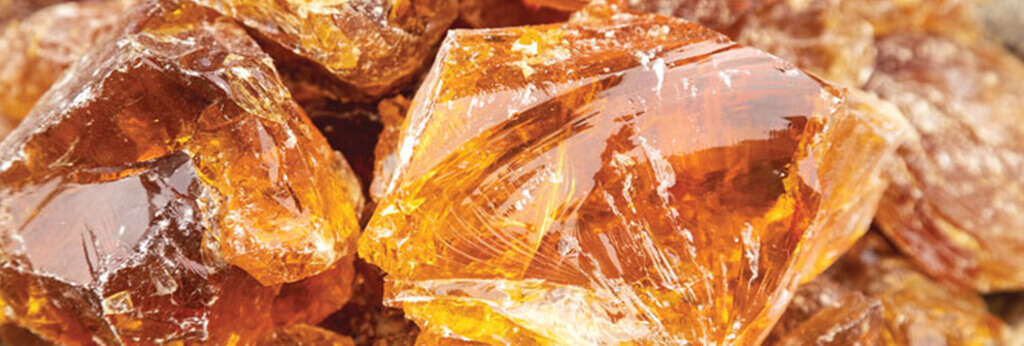
Resins are synthetic or natural organic compounds that have high viscosity. They are usually soluble in alcohol but not in water. This compound is classified into different types, which depends on its chemical composition and type of use.
Natural resin is obtained from plants. The best example is pine tree sap, which has a pungent smell. This material is very sticky but hardens over time. In most cases, polymers are made with synthetic resins, which are cheaper and easier to purify.
All types of synthetic resins are more stable, predictable and uniform than natural resins because they are made under controlled conditions and the percentage of their composition can be controlled. These synthetic resins can be used in the production of plastic, paint and many similar materials instead of natural resin.
Resins contain long chains of monomers. Resins are divided into different types of polyester, epoxy, vinyl ester and phenolic. Ion-exchange resins have been produced in 3 categories: Anionic, Cationic and Neutral.
Packing
It is mainly packed in 25 kg polyethylene bags. But due to the great variety of resins, it can have other packings.
Application
- Refinery and petrochemical industries
- Paint production
- Plastic industry
- Preparation of floor coverings
- Medical equipment
- Production of electrical components
- Automotive industry
- Jewelry prodution
- Pipe industry
